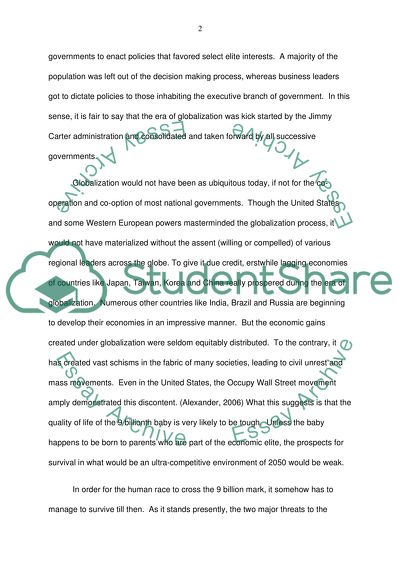Cite this document
(“Globalization and how the world has changed in the past 100 years Admission/Application Essay”, n.d.)
Retrieved from https://studentshare.org/creative-writing/1467745-what-would-you-tell-the
Retrieved from https://studentshare.org/creative-writing/1467745-what-would-you-tell-the
(Globalization and How the World Has Changed in the past 100 Years Admission/Application Essay)
https://studentshare.org/creative-writing/1467745-what-would-you-tell-the.
https://studentshare.org/creative-writing/1467745-what-would-you-tell-the.
“Globalization and How the World Has Changed in the past 100 Years Admission/Application Essay”, n.d. https://studentshare.org/creative-writing/1467745-what-would-you-tell-the.


